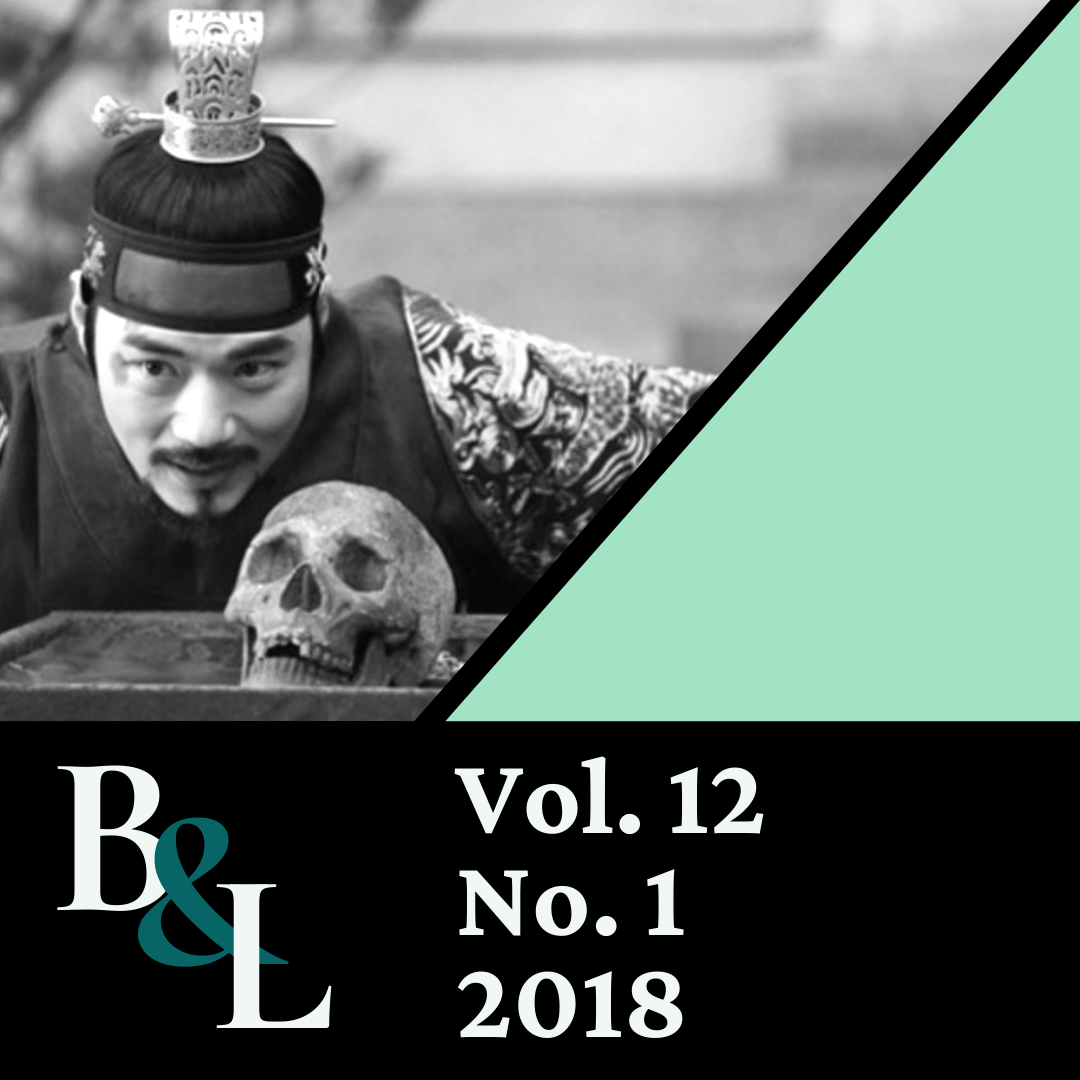Screening the Metatheatrical
Jan Švankmajer's Faust as Marlovian Adaptation
Abstract
This article considers the relationship between Marlowe's Doctor Faustus and the 1994 film, Faust, by the Czech surrealist filmmaker, animator, and puppeteer Jan Švankmajer. Švankmajer's film, which splices modern live cinema with claymation and self-consciously archaic puppetry, is liberal in its adaptation of its various sources (ranging from Goethe to Czech puppeteering tradition), a fact that perhaps accounts for the lack of attention it has received from Marlowe critics. With the aim of addressing this lacuna, this essay argues that, even in the scenes that deviate most clearly from Marlowe's play, Švankmajer's Faust persistently amplifies features of Marlowe's play that have been the subject of critical discussion, most notably its blending of medieval and early modern modes of representation and its equation of theatrical performance with the practice of magic. Švankmajer's film, I hope to show, represents an adaptation of and commentary upon Marlowe's play of which discussion is long overdue.


